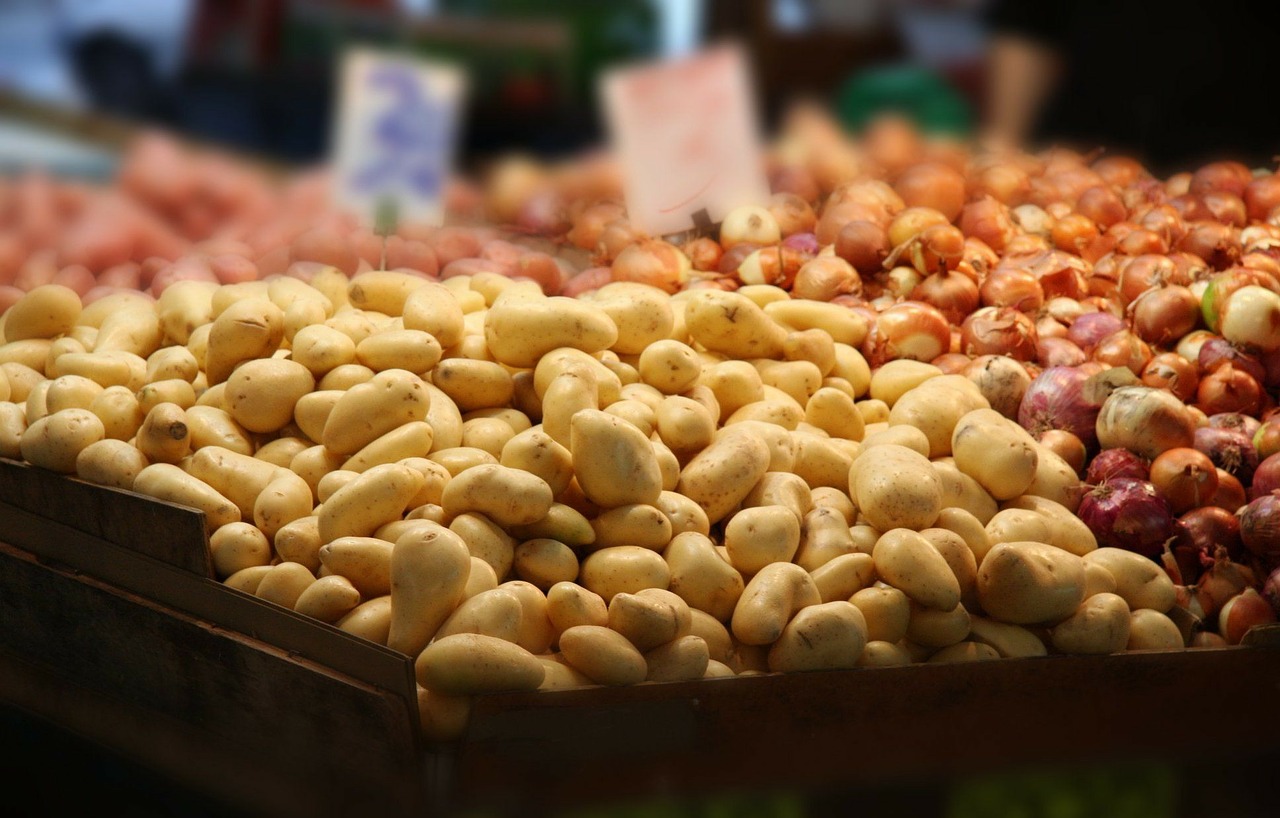Sometimes you find a cartel where you least expect it.
But potatoes??
“Big Potato”
We all know about “big oil.” When the price of oil drops, OPEC tries to push it back up again. If its 14-nation membership cooperates (not easy to do), the oil supply drops and you know what that means. Less supply creates higher prices if all else remains constant.
Until recently, we also had “big potato.”
Approximately 13 years ago, potato growers got together and formed two potato co-ops. Like OPEC, they wanted to “manage” the potato supply. Through satellite imagery, fly overs and other surveillance techniques, the group made sure farmers were adhering to the groups’ quotas. Those who did not were fined $100 an acre.
It seems to have worked. Between 2004 and 2011 acreage was down by 6.6% and prices up a whopping 63%. Although different reports indicate price increases that vary, we can be sure that the “cartel” had an impact. As a result, McDonald’s, Wendy’s and you and I were paying more for our potatoes.
Our Bottom Line: Competitive Market Structures
Because of their small size, individual farmers have little pricing power. On a market structure scale, coping with perfect competition, they can be way to the left.
 However, in 1922, the Congress hoped to help the farmer with the Capper-Volstead Act. Very simply stated, its purpose was to let them cooperate without violating anti-trust law. The act says that they can form cooperatives to support each other:
However, in 1922, the Congress hoped to help the farmer with the Capper-Volstead Act. Very simply stated, its purpose was to let them cooperate without violating anti-trust law. The act says that they can form cooperatives to support each other:
The question though is whether the potato co-ops went too far. So far, the courts have not said if they violated anti-trust law. A grocer association did sue the potato co-ops. But because they settled out of court, the legal system has not given a definitive answer.
It is likely though that our French fries should not have been more expensive.
My sources and more: There are lots of lessons to be learned from some good detective work. Most articles said that potatoes were so expensive that a 10-pound bag was $15. But one NPR reporter fact checked with NASS (National Agricultural Statistics Service) and found the price would have been closer to $5. This is the original article that I suspect all else quoted. If you want alternatives, here is a source that provides better background and another with a history of Capper-Volstead.







